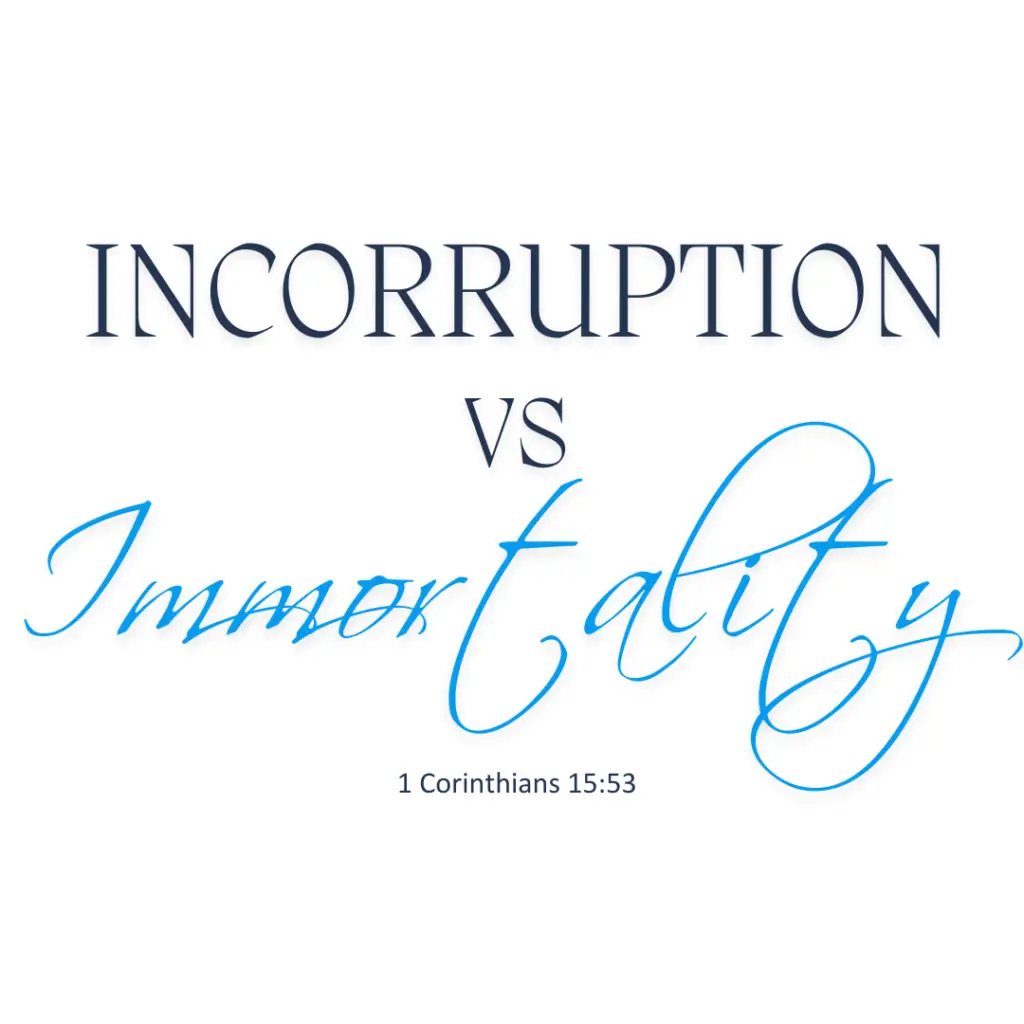Is the Law of Moses Relevant Today?
Introduction: The Everlasting Covenant with Israel
God’s covenant with Israel is everlasting. When He gave the Law of Moses to the Israelites at Mount Horeb, it wasn’t just a guide for righteous living—it was a commitment that would last for generations. While many believe that the law has been done away with, for the Israelites, it remains central to their spiritual calling and journey. The Law of Moses is not obsolete but a living part of the covenant relationship between God and His chosen people, Israel.
The Law of Moses and Its Promise to Israel
The Law of Moses carries with it both promises and obligations. At the end of the Old Testament, Malachi calls upon Israel to ‘remember the law of Moses,’ (Malachi 4:4) a command that underscores its ongoing relevance. The law, which was given specifically to Israel, was not just about obedience but was linked to promises of salvation and immortality for those who followed it. Deuteronomy 7:6-12 highlights this enduring relationship, where Israel is set apart as God’s chosen people, bound by His law and its promises that carry throughout all generations.

Gentile Christians and the Law
While Israel remains connected to the Law of Moses, Gentile Christians are blessed by a different promise. The promise of salvation by faith and grace was made to Abraham 430 years before the law was given to Moses, as highlighted in Galatians 3:17-19. However, gentiles are not required to follow the Law of Moses but receive their promise through faith. The covenant with Israel is different. Israelites are still called to walk in the law, which remains an essential part of their relationship with God and their path to fulfilling His promises.
The New Covenant: God Keeping the Law in Israel
Under the New Covenant, as prophesied in Jeremiah 31:31 and reiterated in Hebrews 8:8 and 10:16, God promises to place His law within the hearts of the Israelites. This covenant doesn’t nullify the law but fulfills it in a profound way.
As Hebrews 10:16 states, ‘This is the covenant that I will make with them after those days, saith the Lord; I will put my laws into their hearts, and in their minds will I write them’. This means that God Himself empowers Israel to live according to His law, guiding them from within through His Spirit. They will no longer struggle in their own might to obey the commandments but will be enabled by God’s presence and power. This divine assistance ensures that Israel can keep the law as part of their ongoing covenant relationship, making the law both attainable and life-giving in a way that was not fully realised under the Old Covenant.
Which Laws Still Apply?
Under the New Covenant, God’s promises for Israel still involve obedience to His commands, but not all of the laws from the Mosaic Covenant are binding in the same way. The Law of Moses can be divided into three main categories: ceremonial laws, civil laws, and moral laws.
- Ceremonial laws, such as sacrifices and temple rituals, were fulfilled by the ultimate sacrifice of Jesus Christ (Hebrews 10:1-10). These laws were once central to maintaining Israel’s relationship with God, but Jesus’ sacrifice has provided the final atonement for sin, such that they are fulfilled through Him.
- Civil laws governed Israel as a nation under God, but Israel today is not a theocratic nation-state where religious laws govern civil affairs. Jesus and the apostles teach that believers, including Israelites, are to obey the civil laws of the nations in which they live. For example, in Matthew 22:21, Jesus instructs, ‘Render therefore unto Caesar the things which are Caesar’s, and unto God the things that are God’s’, showing the distinction between divine law and secular authority. Paul echoes this in Romans 13:1-2, where he urges believers to submit to governing authorities, recognising that they are instituted by God. Therefore, while the civil laws of the Mosaic Covenant no longer directly apply, Israelites are still called to respect the laws of the land, unless those laws conflict with God’s commands.
- Moral laws, however, continue to apply, as they reflect God’s eternal standards of right and wrong. The Ten Commandments, for example, remain relevant because they outline timeless principles for living in alignment with God’s will.
Under the New Covenant, God writes His moral law on the hearts of Israelites (Jeremiah 31:33), and obedience to these laws is part of their sanctification, preparing both their souls and bodies for the promises of immortality.
1 John 5:16-17 speaks of sins that lead to death and those that do not, emphasising the varying degrees of consequences tied to disobedience. This helps Israelites discern which commands are most crucial to their spiritual and physical well-being. Obedience to God’s moral law is essential not just for personal righteousness but also for preserving the body and preparing for the future redemption promised through Christ.
God continues to provide clarity and refinement of His laws through prophetic revelation. As Isaiah 28:10 and Daniel 12:4 show, God’s word is revealed gradually, “line upon line” and “precept upon precept,” so that His people can understand and apply His commands more fully. Prophecy serves to refine the understanding and application of God’s laws, helping Israel discern how to live according to His will in changing circumstances. This ongoing prophetic guidance ensures that the application of God’s law remains relevant and effective for Israelites today.
Jesus Did Not Do Away with the Law for Israel
Contrary to the belief that Jesus abolished the law, He made it clear that He came to fulfill the law, not destroy it. In Matthew 5:17-19, Jesus states that not a single part of the law would pass away until all is fulfilled. While Jesus fulfilled the sacrificial aspects of the law through His own sacrifice, the moral and spiritual dimensions of the law remain intact for Israelites. Jesus’ teachings often clarified and deepened the understanding of the law, but they did not remove the obligation for Israel to keep it.
Soul Salvation and Redemption of the Body
One of the key distinctions in understanding the role of the law is recognising that soul salvation and the redemption of the body are two separate promises (1 Corinthians 15:39-40, 44, John 11:25-26). The soul is saved by grace through the sacrifice of Jesus Christ, which serves as the foundation of the Christian faith. As Ephesians 2:8-9 says, ‘For by grace you have been saved through faith, and this is not your own doing; it is the gift of God, not a result of works, so that no one may boast’. Through Jesus’ death and resurrection, the gift of eternal life is granted to all who believe, regardless of works or adherence to the law.
However, this foundational grace is just the beginning. As Hebrews 6:1-3 exhorts, believers are called to ‘leave the principles of the doctrine of Christ’ and ‘go on unto perfection.’ These foundational principles—repentance from dead works, faith in God, teachings on baptisms, laying on of hands, the resurrection of the dead, and eternal judgment—serve as the starting point of the Christian walk. Yet, the passage encourages believers to build upon these elementary doctrines and strive toward greater spiritual maturity and sanctification.
One of the advanced promises tied to this growth is the redemption of the body, a promise distinct from soul salvation and linked to obedience to God’s commands. Romans 8:23 speaks of the future ‘redemption of our body,’ which refers to the transformation and immortality promised at Christ’s return. Those who follow God’s commandments and walk according to the Spirit are preparing for this transformation—the restoration of their bodies to an immortal state, like that of Jesus after His resurrection, yet without death.
Thus, while soul salvation is granted freely through faith and grace as the foundation of our relationship with God, it is only the beginning. Ongoing sanctification through obedience to the law and continued growth in spiritual understanding lead to the future redemption and glorification of the body.
The Importance of Works and Rewards
The New Testament makes it clear that works—obedience to the law—still play an important part in God’s plan for Israel. Revelation 22:12 emphasises that when Jesus returns, He will reward everyone according to their works. For Christian Israelites, obedience to the law is directly tied to the future promises of immortality and restoration, which they await as part of their covenant relationship with God.
Conclusion: The Continuing Relevance of the Law
The Law of Moses remains central to the Israelites’ covenant relationship with God. Far from being abolished, it continues to guide the spiritual lives of Israelites, now empowered by the Jesus Christ, the Holy Ghost, and ongoing prophetic revelation. The law is not merely a relic of the past; it is a living framework that prepares Israel for the ultimate fulfillment of God’s promises—including the future redemption and immortality of spirit, soul and body.
As Revelation 15:3 suggests, the ‘song of Moses’ and the ‘song of the Lamb’ are joined in perfect harmony. This implies that the law and the gospel work together in God’s redemptive plan. For Christian Israelites, keeping the law is more than an obligation—it is an act of love, obedience, and spiritual growth. Through this faithfulness, Christian Israelites look forward to the future hope of God’s eternal plan, when Jesus Christ, the Messiah, will return to complete the promises of restoration and redemption for Israel.
Connect With Us
Email Enquiry
Send us your questions or share your thoughts via email. We’re here to help and respond to your inquiries promptly.
Request a Resource
Looking for specific information or materials? Request resources directly, and we’ll ensure you receive what you need to enhance your understanding and connection.
Connect by phone
Prefer a personal touch? Give us a call. Our friendly team are available to speak with you and answer any questions.
visit us
We welcome visitors at 11.30am every Sunday. We look forwarding to meeting you.






